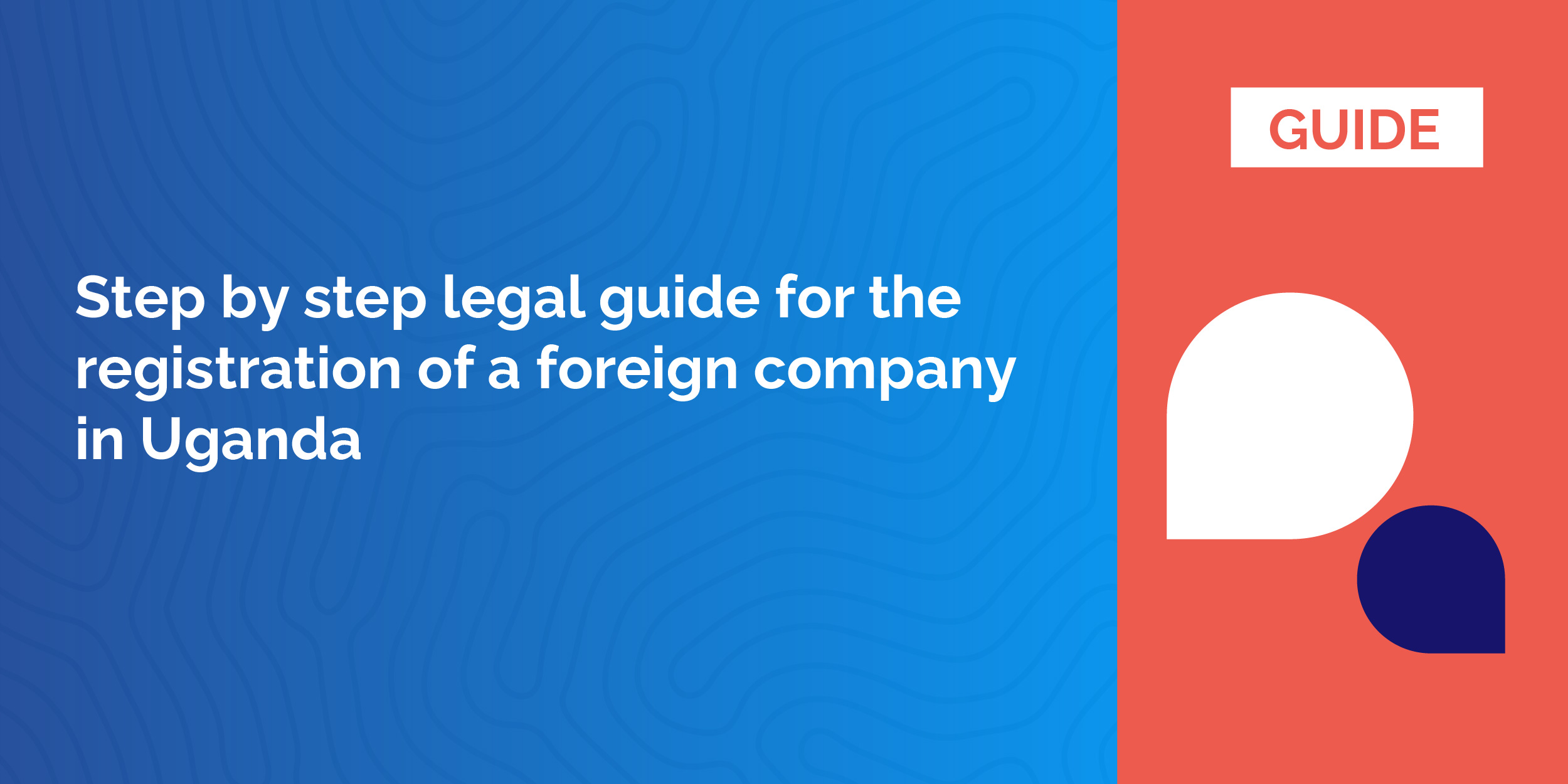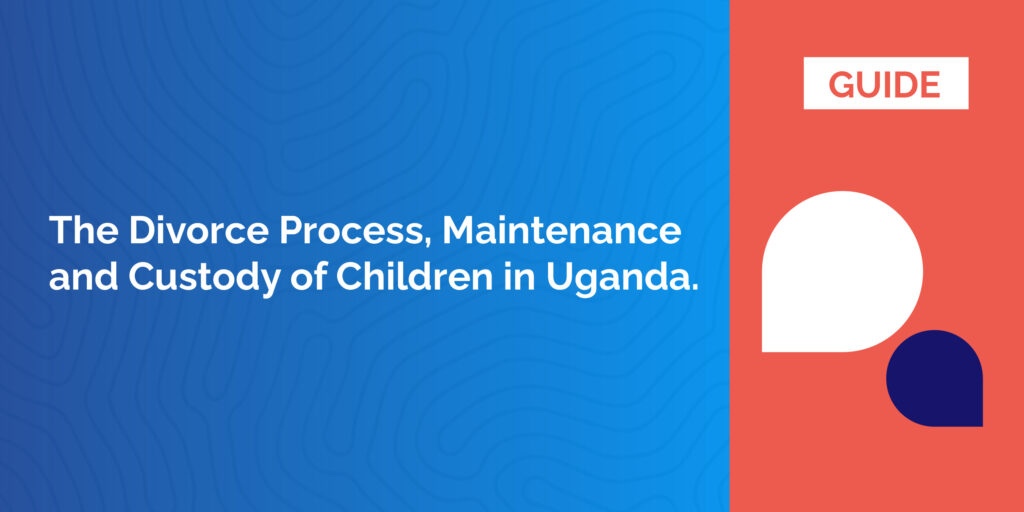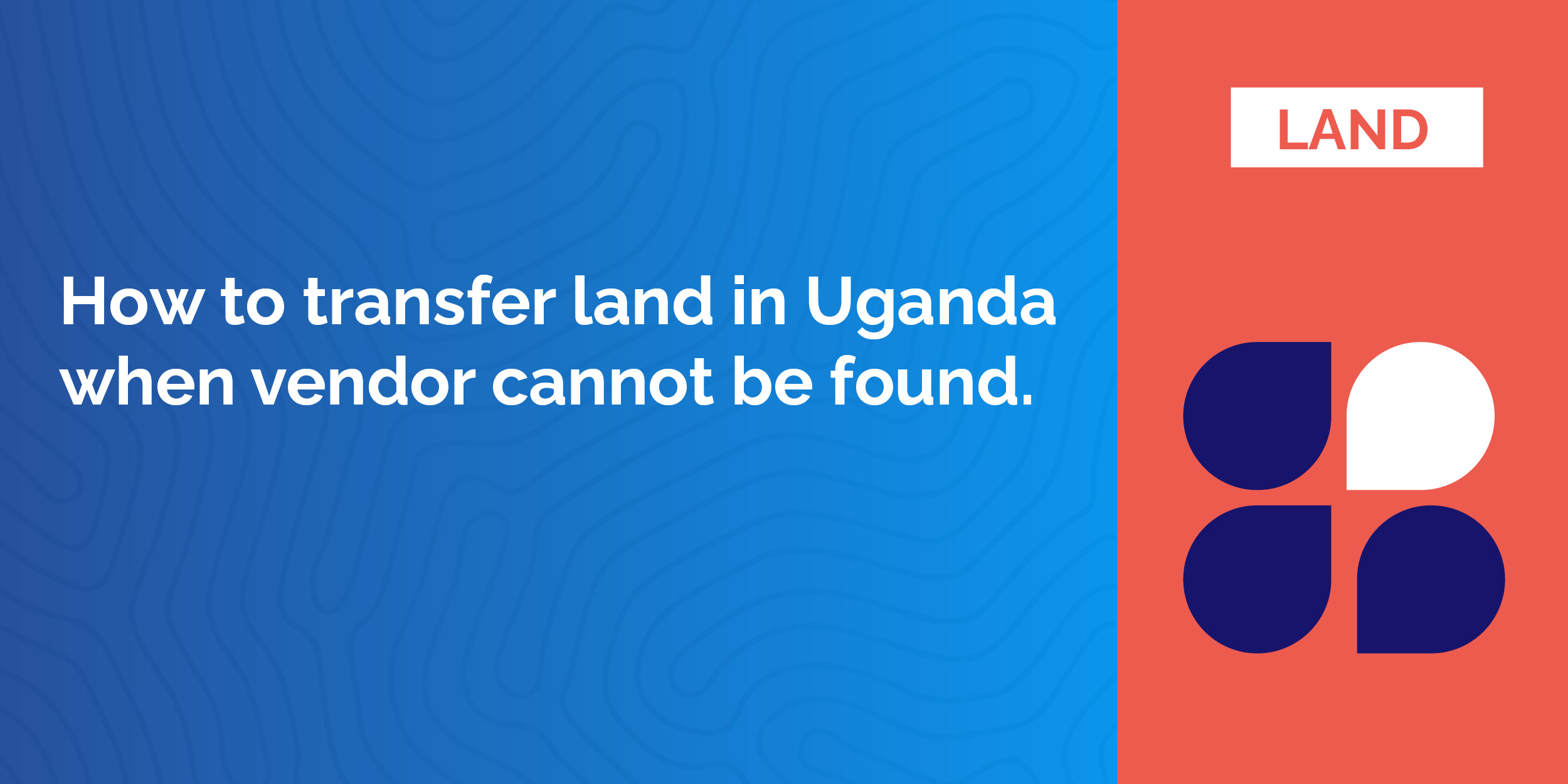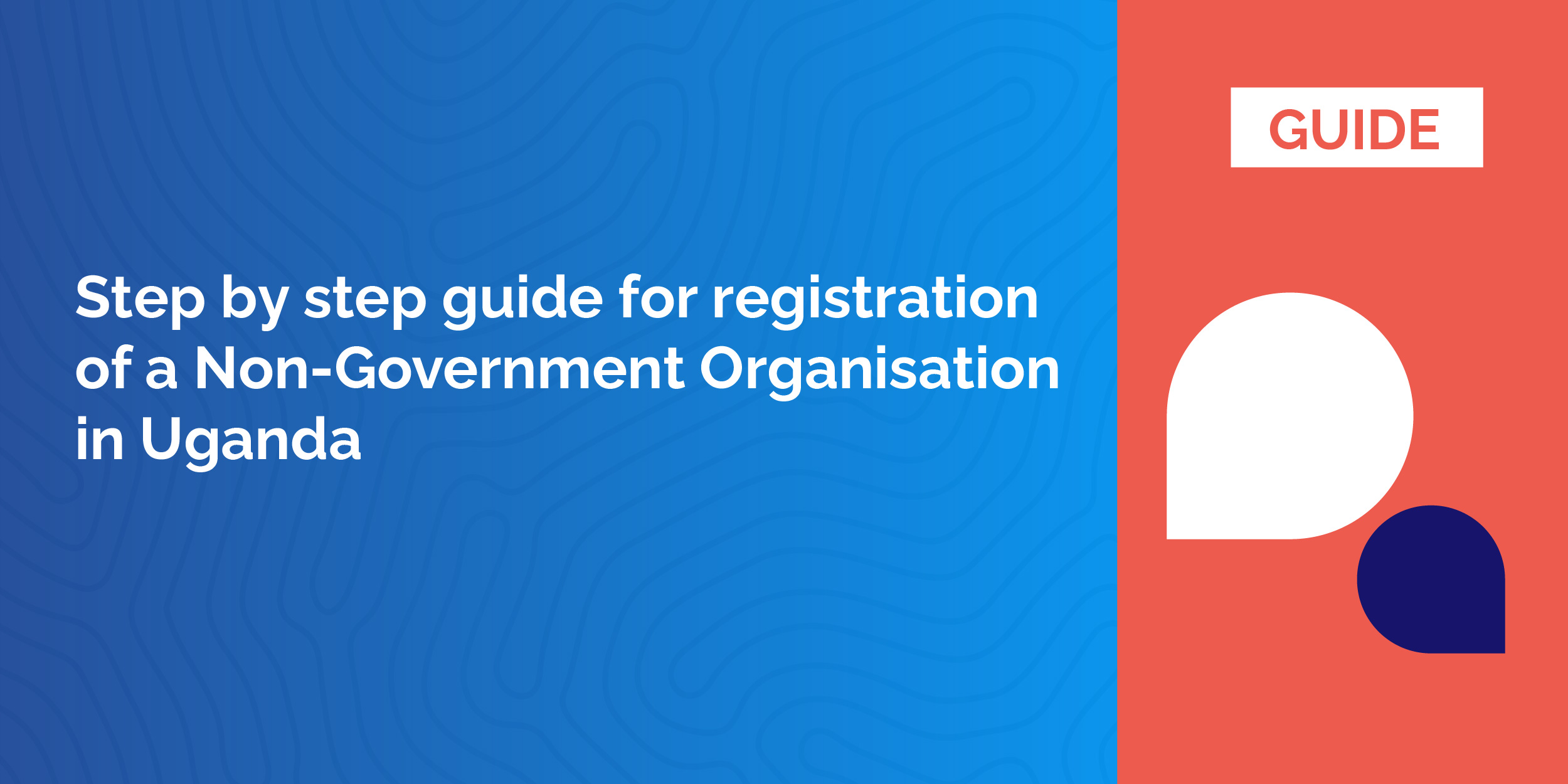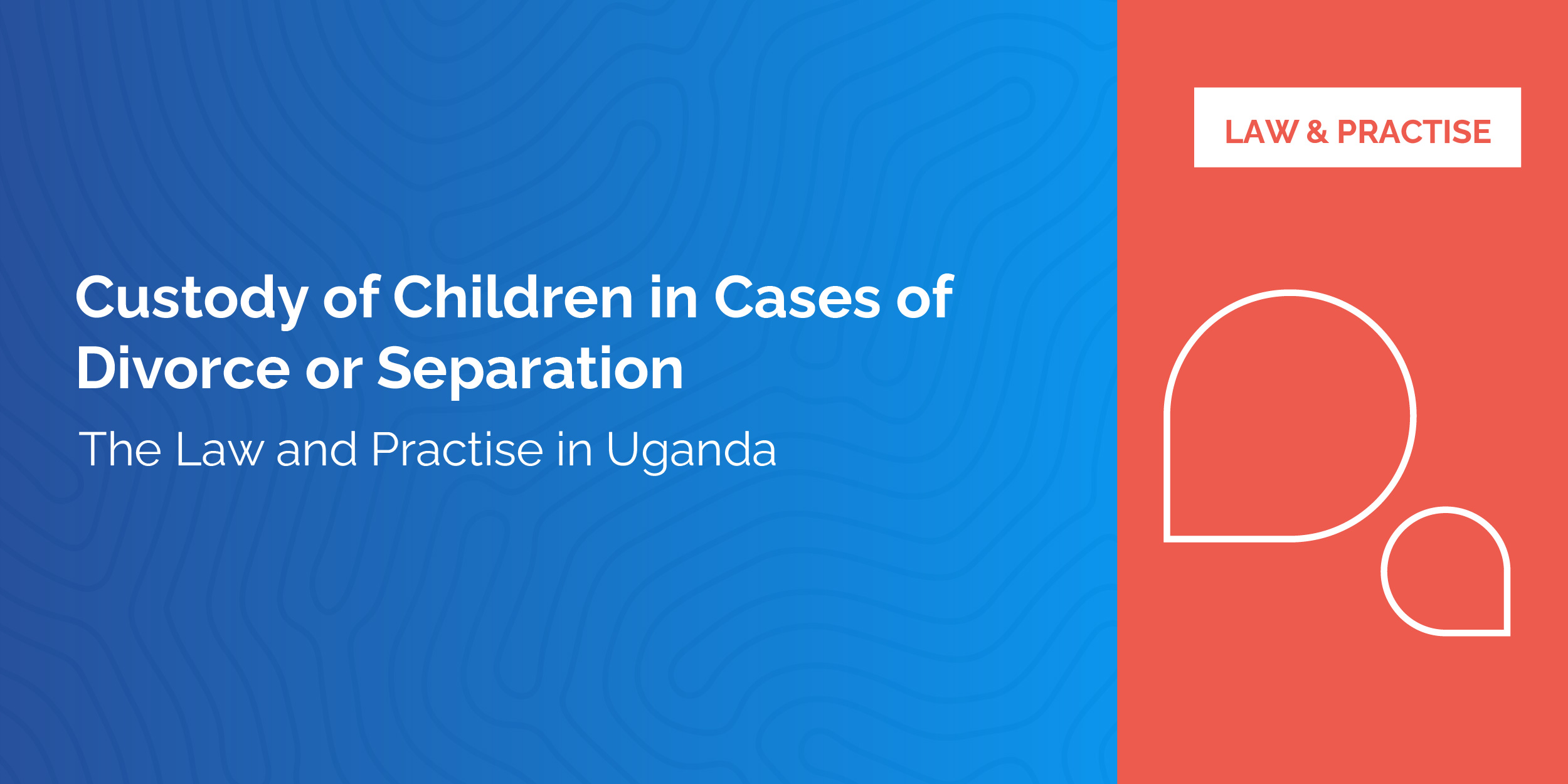- Introduction
We have been receiving several foreign Clients inquiring about the possibility of doing business in Uganda. We have always advised that a company can choose to incorporate a new company in Uganda or decide to register their foreign company in Uganda. The latter has always been the preferred option because it provides an opportunity to allow for continuity of the Company already established in another Country instead of starting afresh.
In this article, we provide a breakdown of requirements for registration a foreign company in Uganda and we also guide on other requirements that enable commencement of business operations.
- Requirements for registration of a foreign company in Uganda
Companies in Uganda are regulated by the Companies Act 2012 and therein is an outline of obligations and documents required for registration of a foreign Company in Uganda.
Section 251 of the Companies Act is to the effect that Sections 252 to 260 shall apply to foreign companies. These sections enlist the process, obligations and offences that accrue to the Company and every officer of the Company who wilfully or knowingly permits non-compliance of the company.
The process for registration commences with submission of all documents listed under Section 252 of the aforementioned Act, which are: –
- A certified and notarized copy of a memorandum and articles of association or some other instrument that constitutes the constitution of the Company. It is important to note that where the said instruments are not in English, a certified translation of the instrument is required.
- A list of directors and secretary of the Company popularly known as “company form 24”.
- Names and postal address of the persons in Uganda authorized to accept service on behalf of the company popularly known as “company form 25”.
- A Statement of the Company’s subsisting charges created by the company. This form is popularly known as “company form 13”.
- The full address of the principle or registered office of the Company. This is popularly known as “company form 26”.
- Certified and notarized bio data pages of the director’s passport.
Upon submission of the above listed documents and assessment by the registry for fees payable, a certificate of registration will be issued and all the forms above will be returned duly stamped and signed as proof of registration of a foreign company in Uganda.
3.0 Other requirements prior to commencement of business
3.1 Application for Trading Licence
The next stage will be the application for a trading Licence. Requirements and fees for issuance of a trading licence will entirely depend on the nature of business the foreign company intends to do in Uganda and the situation/location of the said business.
Specialised businesses such as petroleum, energy and medicine require licences from regulatory authorities established for that purpose. Such licences are issued under the laws and regulations established for the said purpose.
3.2 Tax Registration
Both the Company and the Directors are required to register for Tax in Uganda. Upon registration, a tax identification Number (TIN) is issued by Uganda Revenue Authority.
Requirements for purposes of registration for tax in Uganda include; Company Documents, Company objectives, address and location and Contacts.
3.3 Opening and operating Bank Accounts
A foreign company is free to open and operate bank accounts in Uganda. The requirements for opening a bank account may vary from bank to bank but the standard requirements that all banks will always require include: –
- Certified copy of Certificate of incorporation
- Certified copy of articles and memorandum of association
- Certified copy of Board resolution
- List of directors
- Certified copy of company form 18(Form indicating situation of registered office)
- Trading Licence g) Certified copy of Notice of beneficial owners
- TIN Number
- Proof of identity of proposed signatories
- Passport photograph for each of the proposed signatories
3.4 processing of work permits
A foreign National may not work in Uganda without a work permit in absence of common market protocol liberalising the movement of labour executed between Uganda and the foreign national’s country of origin. As such, before a foreign company engages in inviting its nationals to work in Uganda, it must process work permits for them by making a formal application for a work permit or special pass at the Directorate of citizenship and immigration. A special pass allows one to work on short contract and a work permit allows the Applicant to live and work in Uganda for the duration of the permit issued. Both special pass and work permit are normally sponsored by a company and must pay specified fees.
A relative, spouse or child of a foreign resident are eligible for a dependent pass if they wish to live in Uganda. The requirements for this pass are well stipulated on the Directorate of citizenship application portal and they vary according to the relationship of the applicant with the principal.
While the work permit is being processed, it is always possible to obtain a visa to enable the foreign national familiarize with the country and finalise processes that require physical presence.
4.0 Conclusion
Companies today are not limited by boarders. They can extend as far as their products or services are able to reach. As such, they do not even need to register new companies as the Uganda company Act allows for registration of a foreign Company so that an already built brand in another country can be introduced to Uganda through foreign company registration.
